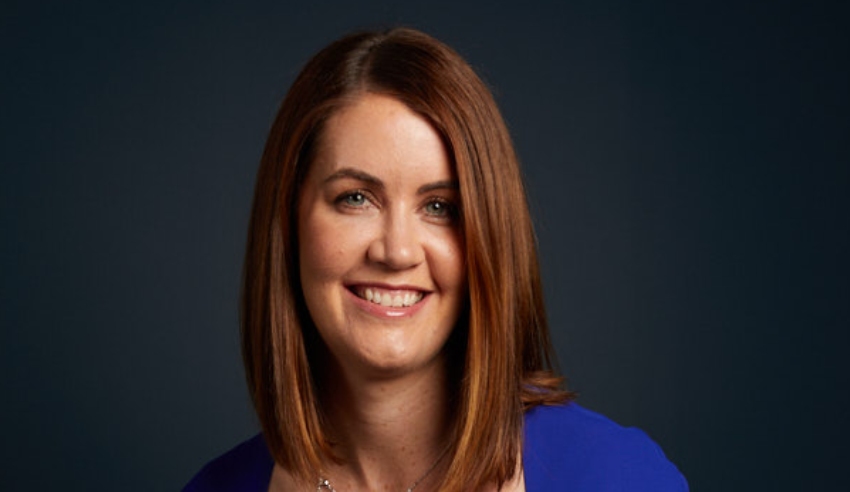Confusing lockdown rules are creating stress for separated families, according to one Sydney-based family lawyer.

The current public health orders in place in NSW are leaving families confused and uncertain about “reasonable excuses” to leave the house, particularly when sharing custody of children and navigating visitation arrangements, said Sydney family lawyer and director of Holmes Donnelly & Co Solicitors Laura Donnelly.
Ms Donnelly said while any lockdown rules naturally placed pressure on post-separation agreements, the current measures were exacerbating tensions in already fragile situations.
Despite leaving home to comply with legal obligations being allowed in lockdown, she argued that the situation was creating opportunities for exploitation – and that some parties were deliberately avoiding their shared custody agreements.
“Geographical restrictions have an inevitable impact on post separation families where both parents do not live within the ‘stay at home’ area,” she said.
“But we are seeing parents utilising the current lockdown situation as a reason not to come to greater Sydney for the purposes of facilitating children’s time with a parent.
“And there is also some confusion with changeover arrangements where one or both parents live within ‘stay at home’ areas, particularly if this would normally happen in a public place, such as a school.”
In addition, Ms Donnelly said there are also many people in a state of uncertainty who started separation processes following the previous Sydney lockdown due to physical violence or coercive control issues – but were yet to finalise them.
“There are victim survivors proceeding through a separation but who have remained in the family home, usually to protect children, and are currently in very vulnerable situations without ease of ability to leave,” she continued.
“And others who have been in these situations, but have since separated, are now required to attempt to negotiate further with the perpetrator to try to resolve necessary adjustments to parenting arrangements, where changeover is to occur during homeschooling periods, for example.”
The Family Court of Australia and the Federal Circuit Court of Australia have each established a court list dedicated to dealing exclusively with urgent family law disputes that have arisen as a direct result of the COVID-19 pandemic.
There has also been an increasing number of separation cases slated to be settled through mediation and arbitration in recent months in order to avoid the already overburdened family court system.
Ms Donnelly added that the confusion around the stay-at-home orders was interfering in the routine of moving children between their parents’ homes, as well as creating increased stress in newly separated families.
“Some parents have moved out of the family home with parenting arrangements yet to be agreed and are living with their elderly parents or third parties. These parents are raising genuine concerns about children being exposed to health risks and bringing that exposure home, particularly if one parent flouts lockdown rules,” she said.
“And in other cases, some parents have moved out of the family home with parenting arrangements yet to be agreed and now with property settlements further from being finalised this is prolonging a very stressful situation.
“Where communication between separated parents is not at its most positive or constructive, any of these things can be a recipe for disaster.”

Lauren is the commercial content writer within Momentum Media’s professional services suite, including Lawyers Weekly, Accountants Daily and HR Leader, focusing primarily on commercial and client content, features and ebooks. Prior to joining Lawyers Weekly, she worked as a trade journalist for media and travel industry publications. Born in England, Lauren enjoys trying new bars and restaurants, attending music festivals and travelling.